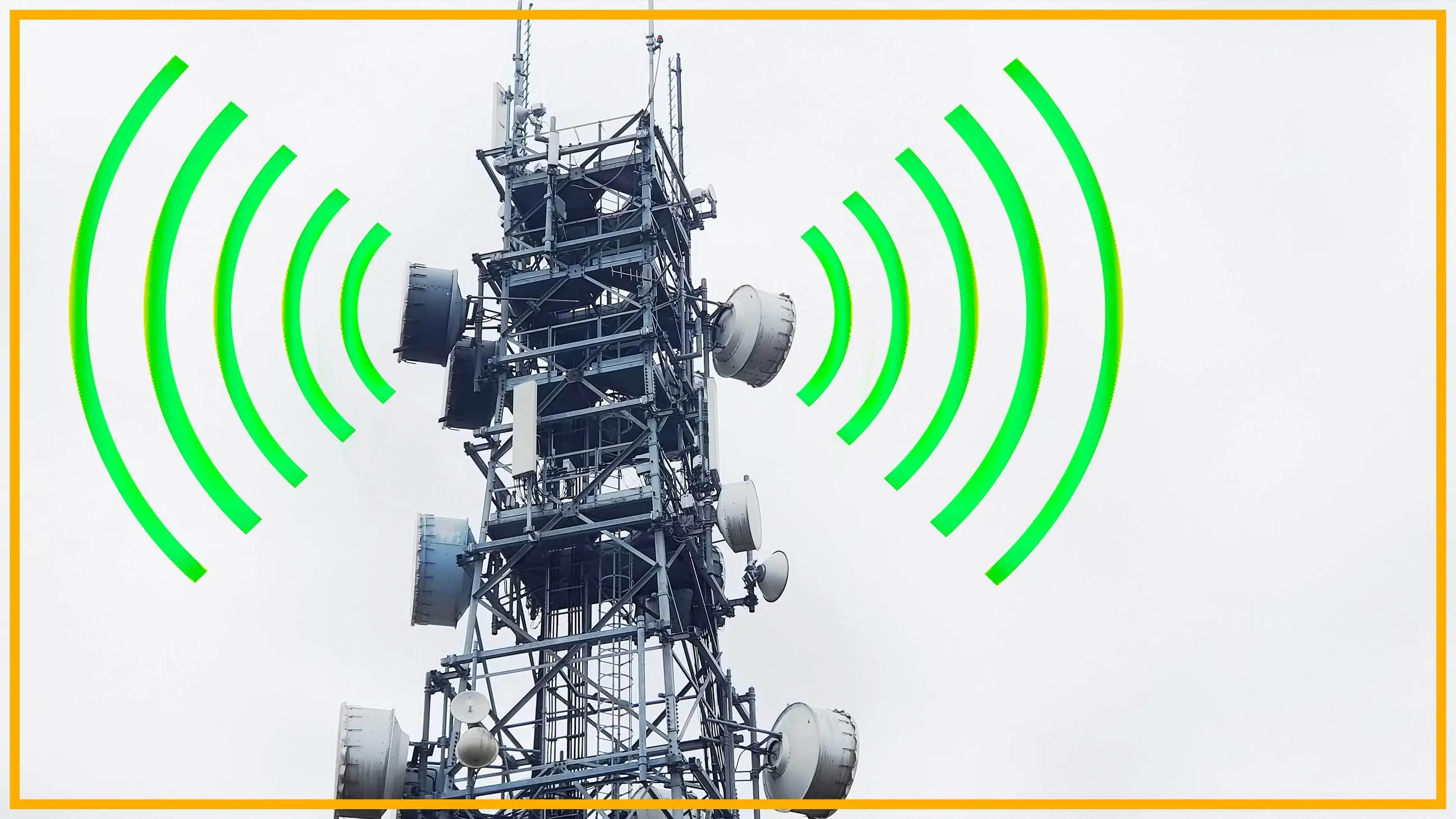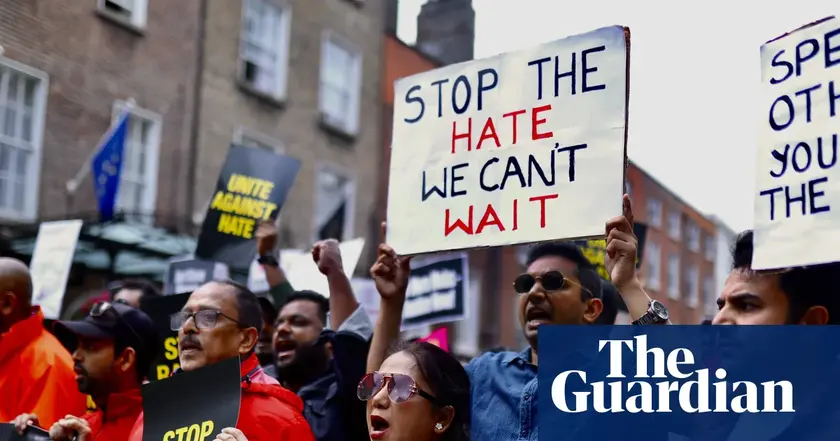T4K3.news
Online networks amplify dysfunctional thinking
A new review links cognitive limits and social networks to rapid spread of misinformation and group bias online.

An editorial analysis of a Frontiers in Communication review on how cognitive limits and social networks fuel conspiracy thinking and misinformation online.
Online networks amplify dysfunctional thinking and group bias
A new review explains that misinformation spreads through cognitive limits, social influence and the reach of online networks. It shows how conspiracy theories like the 5G claim can move from whispers to real-world harm, with hundreds of incidents of arson and harassment linked to the belief. The piece notes that basic cognitive biases such as confirmation bias and the pull of group dynamics like pluralistic ignorance and groupthink help explain why people adopt false ideas and fail to challenge them.
The article argues there is no simple fix. It describes three steps to curb deceptive content—suppress the source, limit the spread, and boost audience immunity—but reminds readers that platforms face free speech concerns and users migrate across services. It warns of an ongoing arms race between purveyors of propaganda and the public trying to discern truth, and it stresses that communities must invest time and resources to manage the damage rather than wait for easy solutions.
Key Takeaways
"Truth fights an uphill battle in a crowded feed."
A standalone line illustrating the core difficulty for truth online.
"We are in an arms race between propaganda and truth."
Editorial observation about the ongoing struggle.
"Cognition cuts corners when speed rules the feed."
Comment on cognitive biases in online behavior.
The piece breaks down how online ecosystems change thinking at multiple scales, from the individual brain to global networks. It holds that the crisis is not just about bad actors but about normal social instincts turned up by fast, connected feeds. That framing invites policy tradeoffs between censorship and free expression, urging platforms and educators to build resilient information habits rather than rely on policing alone. In short, the challenge is structural: redesign not only how we share information but how we learn to question it under pressure.
Highlights
- Truth fights an uphill battle in a crowded feed.
- We are in an arms race between propaganda and truth.
- Cognition cuts corners when speed rules the feed.
- Groups drift toward safety in numbers and forget to question.
Political and public reaction risk
The analysis touches on political implications of misinformation and public reactions to platform policing, which could spark controversy and backlash. It also discusses potential policy and regulation debates.
Trust in public discourse is built through steady, collaborative work, not dramatic quick fixes.
Enjoyed this? Let your friends know!
Related News

Trad families navigate life off the beaten path

Tea app data breach exposes user information

Kimmel Backlash Over Kirk Remark

Sovereign citizen violence tests Australia’s safety and law

Verizon outage affects thousands across the US

Steam removes controversial adult games

Eversolo Play CD Edition review verdict

Trafficking rings target young victims in Britain
